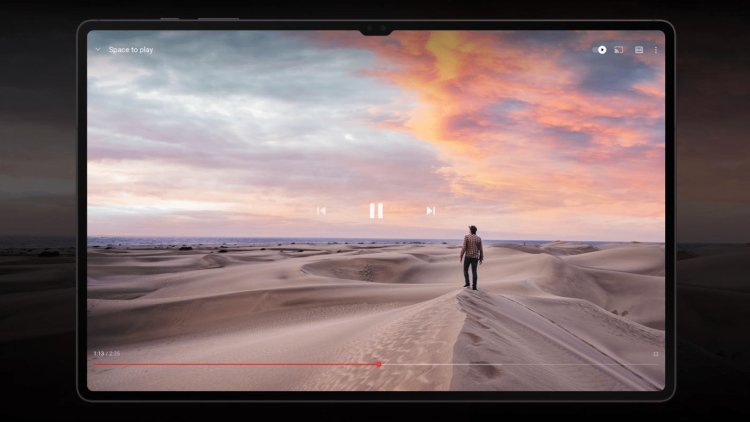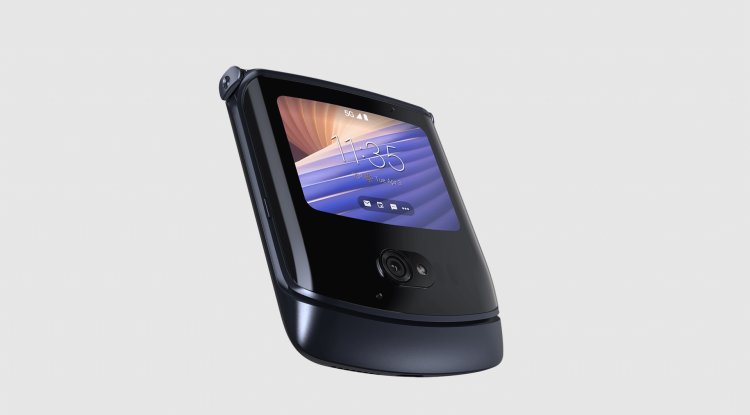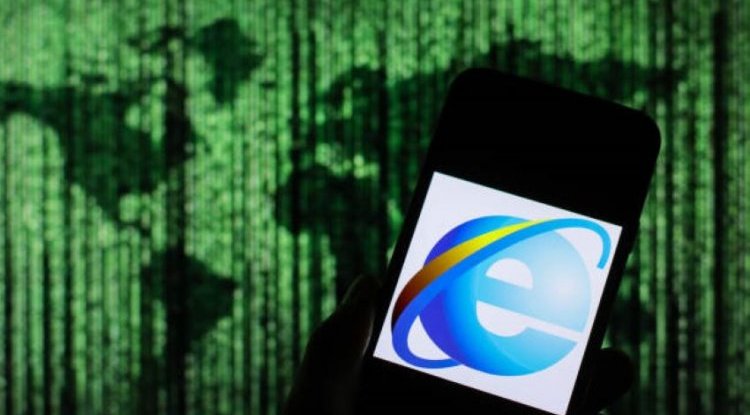Samsung Galaxy Tab S8 - Review

The Samsung Galaxy Tab family of tablets today includes a number of models to suit a wide range of users. The tested novelty Galaxy Tab S8 belongs to the bottom of the offer in this year's Tab S series and will satisfy especially users who are looking for a smaller and cheaper solution.
However, his inclusion in this series suggests that there was not much of a compromise in terms of performance. In the end, its price corresponds to that. As this is the lowest model on offer, apart from the smaller diagonal, the main difference is in the display technology.
Unlike the larger siblings with the AMOLED display, an 11 "LCD IPS display with a resolution of 2560 × 1600 pixels and a diagonal of 10.98" is used here. However, the display provides high brightness and an adaptive refresh rate, which reaches up to 120 Hz during dynamic movements.
The display is top-notch and you would have a hard time guessing that it is not an AMOLED display. Its peak brightness reaches up to 470 threads, which is above average on a tablet. It's a pity that HDR support is missing.
In terms of design, there are no wonders - a narrow frame around the display with a silver metal frame and a back with a slightly protruding part of the camera, from which there is a black strip indicating the place on the S Pen.
The pen is a very interesting accessory that significantly expands the possibilities of using the tablet. Unfortunately, there is no place in the bowels of the device as with the Galaxy Note smartphones, but you have to wear them separately.
It can be attached to the tablet magnetically, but this is a solution only if you have a tablet on the table. The magnet does not hold too well. Therefore, it is more useful to buy an external keyboard with a case, or a more affordable protective cover, which also has room for a pen.
The drive is provided by a Qualcomm Snapdragon processor with 8 cores (2.99 GHz, 2.4 GHz, 1.7 GHz), which is seconded by 8 GB of RAM and 128 GB of internal UFS storage. However, the capacity can be expanded by up to 1 TB with a microSD card.
The tablet construction is a combination of a metal frame and Gorilla Glass on both sides. The width of the frame is quite large compared to today's smartphones, but be aware that you can't hold the tablet in the palm of your hand, so you need to have room to hold it without touching the screen with your finger. The front side is not disturbed by anything, you will not find any buttons at the bottom, they are only visible when you touch the screen.
The three buttons are only on the right side and a fingerprint sensor is also located within the power button. The video call, as well as the selfie, will be used in the front. At the top are slots for microSD and micro SIM, from the bottom you will find a USB-C input.
The tablet also supports the latest Wi-Fi 6E standard. Routers with this standard are expensive and not many, but it is good that the equipment is ready for this standard.
If you need to communicate on the go, a more expensive version with 5G support is also available. The supplied pen is renewed and its reactions are significantly faster than its predecessors.
Tab S8 offers three cameras, the selfie camera has 12 Mpx, f / 2.4, and an angle of view of 120 °, and the rear cameras have 13 Mpx, f / 2.0, and 6 Mpx f / 2.2 with ultra-wide optics. The cameras are capable of recording 4K video.
To enhance video calls, the front camera has a built-in face tracking function. The quality of the cameras is good in good lighting conditions, but with the loss of light, noise increases rapidly.
The tablet is probably best used by graphic artists, designers, or artists who, thanks to a high-quality pen and high resolution, can also make sketches or drawings in the field or on the road.
The tablet does not replace a classic notebook at work, but in some specific applications, it can also be a better choice, especially due to the excellent pen. Benchmark performance is excellent and in some tests, it beats powerful smartphones.
It excels when playing videos, even in 4K resolution, and can easily handle demanding game titles. The endurance of the device is also interesting, which, for example, climbs to a very decent 7 hours and 20 minutes when streaming video, you can count on 11 to 16 hours during normal work. Charging with a 45 W charger takes about 80 minutes.




























